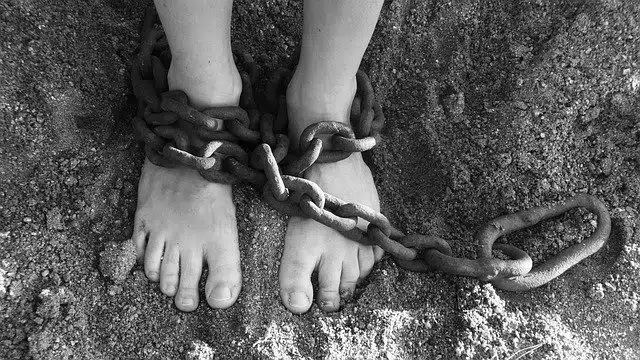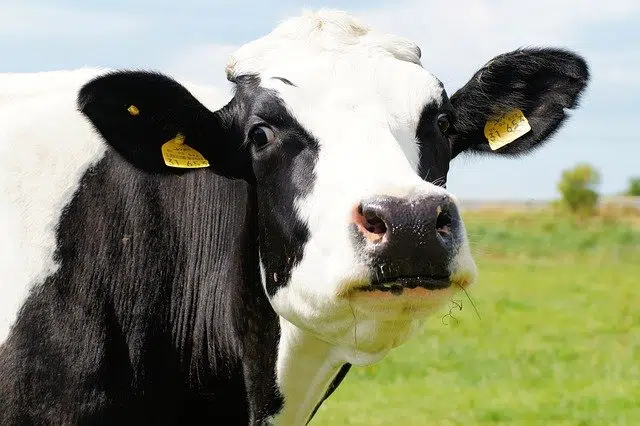
Inalienable rights are inherent to the person and cannot be waived.
This term comes from a Latin word that refers to something that cannot be alienated (that is, whose ownership cannot be passed or transmitted from one individual to another). What is inalienable, therefore, cannot be sold or transferred legally.
Inalienable rights are those considered fundamental; which cannot legitimately be denied to a person. No government or authority has the authority to deny them, since they are part of the essence of the person. Human rights are inalienable rights.
The inalienable is inherent to the person
These types of rights, on the other hand, are inalienable . No subject can get rid of them, not even of their own will. For example: there is no such thing as voluntary slavery. A person cannot renounce his freedom and voluntarily submit to the commands of another human being.
Other inalienable human rights are equality and fraternity . It is worth mentioning that they are considered fundamental for the normal development of an individual and consist of the ethical and moral basis that protects the dignity of people.
Inalienable rights are inherent to the individual by the mere fact of belonging to the human species . This means that the way they are acquired is involuntary. From the moment an individual is born, they possess them and cannot get rid of them until the day they die. And there is no possible legal order or punishment that can deprive him of these rights.
Characteristics of human rights
It is often said that human rights are inalienable , irrevocable and non-transferable . In addition to being protected by various international legislation, human rights are considered an ethical and moral basis to protect the dignity of people.
The Universal Declaration of Human Rights ( UDHR ), which was adopted by the United Nations in 1948 , includes the inalienable rights of human beings. The union of this declaration and the international pacts agreed upon by the countries is called the International Charter of Human Rights .
The first to postulate this concept was John Locke , a 17th century English thinker. His idea was to ensure that once human rights were raised, no person, because they belonged to a certain ideology or policy, would decide to give up on them. In this way, it was considered that the rights would be inalienable, so no one could renounce their own rights or violate those of other human beings, for any reason.
This characteristic of human rights establishes a close relationship between individual and social rights . Thus, the right to freedom in all its aspects (in terms of opinion, thought, exercising a religion, etc.) and the right to work in all that it means (to equitable working conditions, to social security) acquire equal relevance. , etc).

The existence of inalienable rights in animals is often a matter of debate.
Inalienable rights in other species
In recent years, the work of various specialists leads us to consider whether these rights are exclusive to our species or should be extended to other animals or sentient beings . In this way, different animal rights groups express the urgency of ending their exploitation in order to ensure absolute freedom and invulnerability of their rights . A series of issues then arise that should be considered from the legal perspective.
Just as several decades ago laws had to be made to favor the most disadvantaged classes of the human population, it would be appropriate to do the same with those species that are used for the benefit of human beings , who are deprived of freedom and even life to satisfy needs that could be met otherwise.
If we have the ability to impose the inalienability of these rights on human beings, wouldn't it be appropriate for us to also do so with those who have a way of feeling and experiencing life similar to ours?
